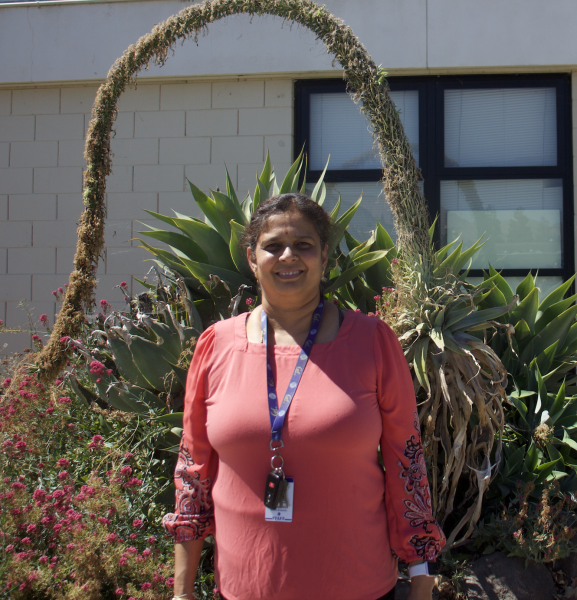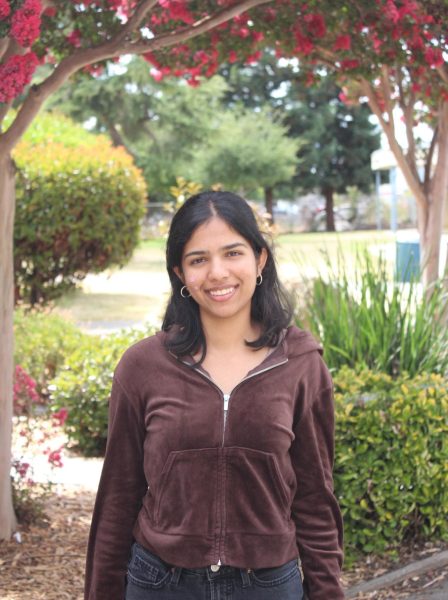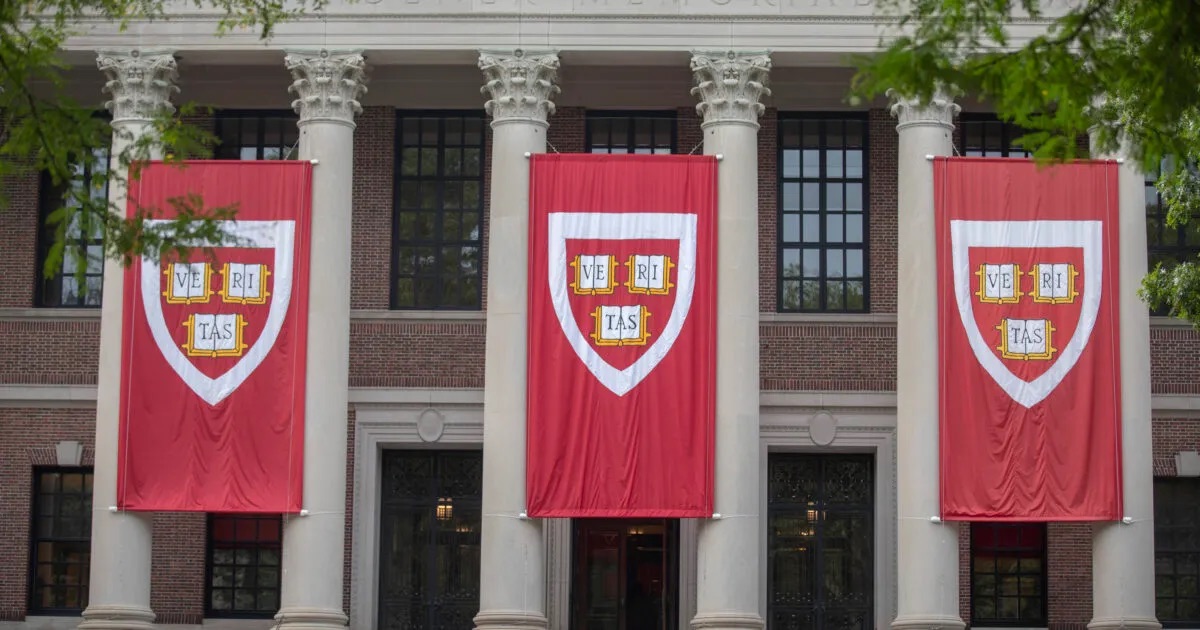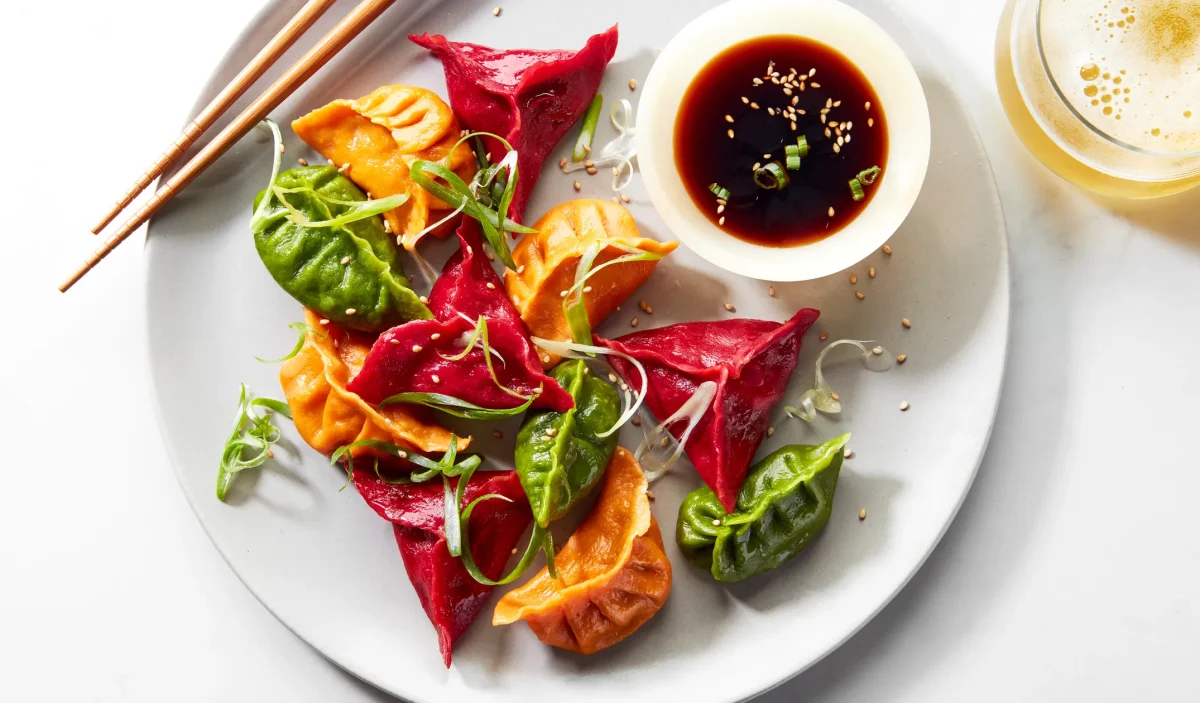
“We moved [to the United States] from India in 1992 when I got married.
I think I’ve carried over a lot of traditions, that I have brought pieces of India with me. I think that goes into dressing, eating, and family traditions.
You cannot name all the foods that we make—bunches of sweets and savory items. I strongly believe that the way to somebody’s heart is through their stomach. Murukku, a savory snack, are made with rice flour, and burfi, a sweet, is milk based.
Of course there have been changes. The holidays [breaks] are not necessarily aligned to Indian holidays, so we meet friends and family over weekends rather than weekdays. So it’s a pause on the holiday for a couple of days, but I look at it like a holiday extension. We mimic the celebrations somewhat and celebrate when they visit, so extended Diwali is close to Christmas, if they are home then.
I do miss a lot of people that I celebrated holidays with in my childhood. I’ve lost my parents in the recent past and I used to be with them for most holidays. But I’ve absolutely found a new community here —at times we also celebrate in Irvington, which is very accepting! For Diwali, teachers bring ethnic food, and I think PTSA does an amazing job supporting different cultures.
In India, we celebrated Diwali, the festival of good over evil, with a lot of fireworks. All our neighbors would come together to celebrate in fun, and those memories stay with you. But now I see the community becoming environmentally conscious, even in India.
I don’t want to call the changes better or worse. For any culture to keep up with the traditions, they have to adapt. If I want my children to enjoy their culture, I make modifications for them to celebrate with me. A holiday should not tax or pressure the people that are celebrating, it should be a joyous occasion.
We just celebrated Rakhi, which symbolizes the sibling relationship, at home with prayers. You pray for the wellness and safety of your siblings. It was done by the sisters to brothers, but with times we have changed in that respect also, to honor and respect any sibling.
There are religious texts in Indian culture, all symbolic to the holidays. I do chant a lot of Indian hymns and prayers, that is something that I keep a private, family thing. I’ve also taught that to my children and they use it as well. The chanting brings me calmness, and focuses me.
I would love to wear a sari to school, but that is not practical. I do try to wear [traditional clothes] once a year for Diwali.
My students observe I always wear the bindi, and I consider it a part of me, without it I do not feel like myself. Some say the bindi is symbolic of wealth and happiness, and other cultures believe in the significance of the third eye of Lord Shiva. But most Indian girls are raised with that, and it becomes part of how you dress.
For me it is just tradition. It has no other meaning, but it’s just how I got used to it and I like to have it.”





